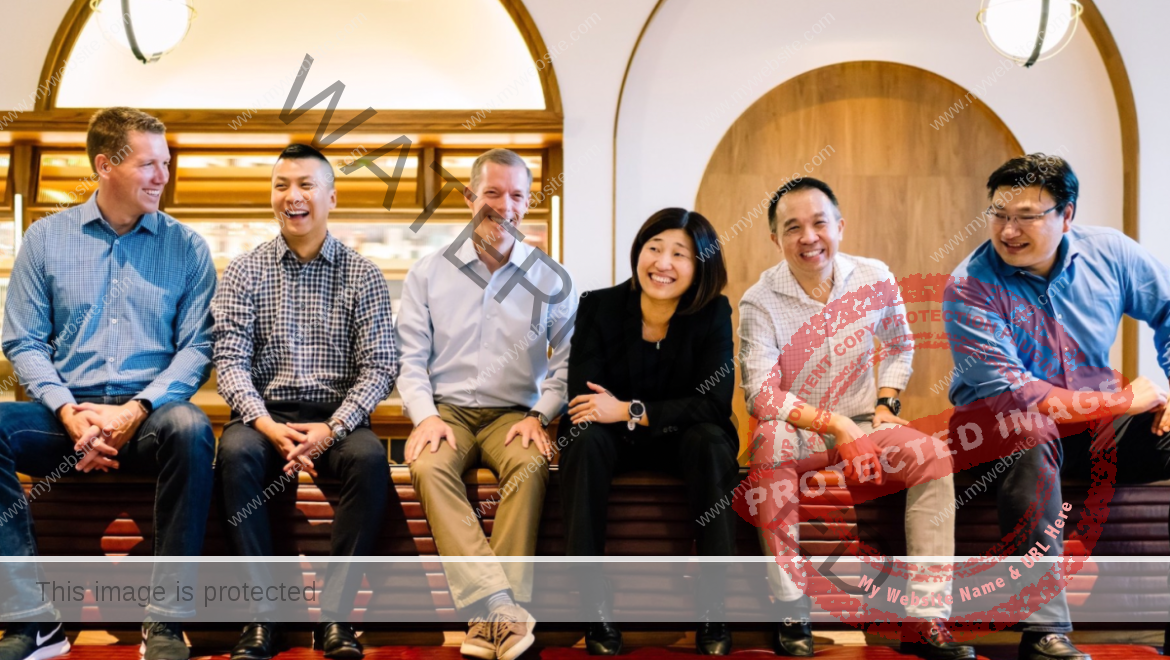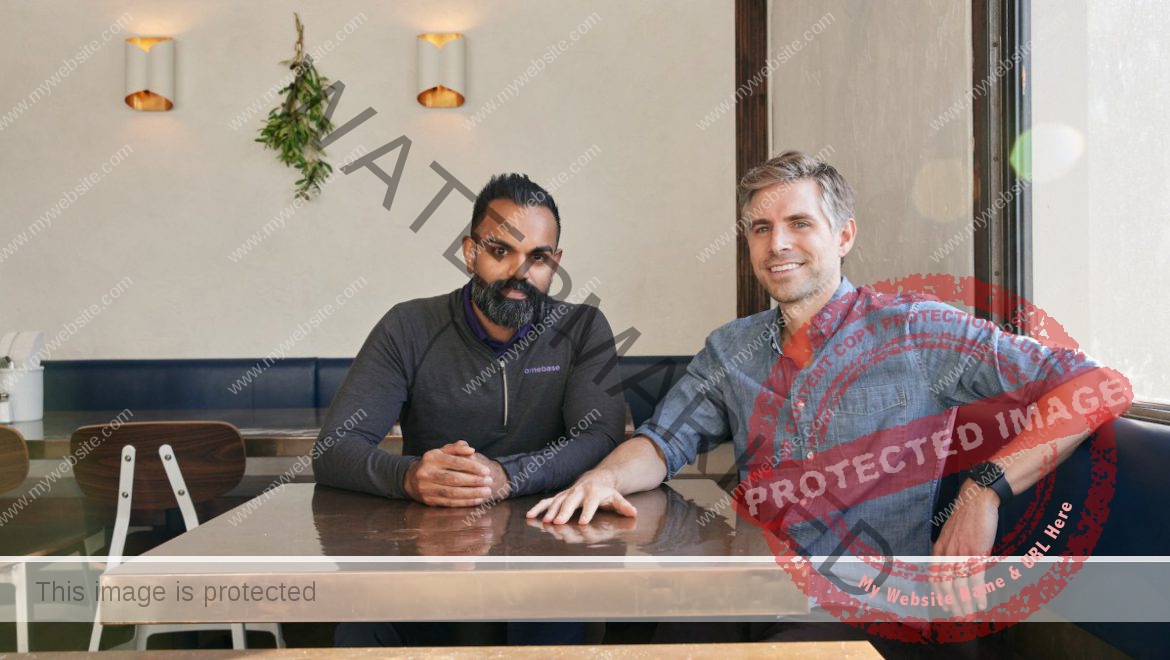Notable Capital's Hans Tung on why he thinks founders need to play the long game | TechCrunch
Hans Tung, a managing partner at Notable Capital, formerly GGV Capital, has a lot of thoughts on the state of venture today.
Notable Capital is a venture firm with $4.2 billion in assets under management, focusing on investments in the U.S., Latin America, Israel, and Europe.
Tung, whose portfolio includes the likes of Airbnb, StockX and Slack, recently sat down with TechCrunch’s Equity Podcast to discuss valuations, why founders need to play the long game and why some VC firms are struggling.
He also let us know why he’s still bullish on fintech and what sectors in the fintech space have him especially excited.
We also discussed recent changes at his own firm, which evolved from 24-year-old cross-border firm GGV Capital and rebranded its U.S. and Asia operations to Notable Capital and Granite Asia, respectively. GGV’s transformation is the latest in a string of changes we’ve seen in the world of venture capital, including personnel shifts at Founders Fund, Benchmark and Thrive Capital.
Below are excerpts from the interview, which has been edited for clarity and brevity.
TechCrunch: Last year, we talked about down rounds. At the time, you thought they were not necessarily a bad thing. Do you still have that same mindset?
Hans Tung: I’ve been in this biz for almost 20 years. We’re long-term in the way we approach things. And I always know that it doesn’t matter about the markups. This is like getting a poor [report] card, or getting a test exam score, it doesn’t really matter until you actually have an exit. IPO is actually just a milestone, not the end game. IPO is the beginning for public investors to be along for the ride. So if you think longer term, valuation up or down temporarily doesn’t matter as much as generating a big outcome at the end.
I think that whatever it takes to scale the business is what the company and the founders and board need to focus on doing to manage the business the best they can every step of the way.
I think that what founders don’t realize is that this choice is not between shutting down and do a down round, because in that situation, you will choose a down round every single time. The challenge is when you are faced with the prospect of holding on to a valuation, or raise a down round. If you don’t do it, you run the risk of shutting down later. But I’ll tell you if you’re close to shutting down, no one’s gonna invest in you
TC: Overall, with regards to the investing landscape, how different is it so far this year compared to last?
HT: I think it’s a continuation of what we saw in the second half of 2023. Obviously, AI is an outlier. AI is way, way overvalued right now. You could argue that we’re only in the first inning, or the first half of the first inning for AI, so people are willing to overpay…You do see a lot of crazy rounds happening at the beginning of a boom, but there will be bifurcation, and there will be companies that end up doing great, and most companies may not.
For the most part, I still caution founders to not compare themselves with sectors are doing well, but fully focus on managing their business.
TC: How is your pace of investing compared to recent years? How have VC firms been impacted by the slowdown?
HT: I think we’re more at the 2022 level. So more than 2023. But 2021 was an outlier. And it’s not good for business. And it’s not good for the ecosystem. Without naming names, you do see firms being impacted by what what they were doing in 2021 and that has made them slow down a lot more now, which is unfortunate, because many of them are great investors, they’re in great companies, and it’s too bad that they cannot participate as a result of just indigestion.
For example, some companies raised a large round in 2021. And even though the business is growing revenue about 40% to 50% year on year and they can probably IPO soon in the next year or so from a maturity standpoint…but because the valuation they raised in their last round is so high, that they are not at that level of valuation in the current public market, where the multiples have compressed quite a bit. So they have to wait. And as a result, the funds that invested in them in 2021 cannot get cash back, because there’s lack of liquidity and the LPs cannot get money back either. So we don’t have that recycling of money going back to the LPs who continue to invest in new funds. The whole system suffers as a result.
TC: I was surprised to report recently that funding in the fintech space had dropped to its lowest level in seven years in the first quarter of this year. What do you think about that?
HT: I think for fintech, given the high inflationary environment that we had, and definitely high interest rate that’s coming down, but not coming down quickly – it is harder for people to decide about fintech. But if you look at the other set of metrics, financial services as a category, the market cap of all public companies in the banking insurance financial service space is over $10 trillion. And of that $10 trillion, only less than 5% are in fintech companies. And so if we all know that the best fintech companies are growing faster than financial service companies, it’s just a matter of time that low single digit penetration and market cap will increase over time. So it will have ups and downs. Like ecommerce, fintech might not have too many winners, but the ones that can win can have a huge market.
Want more fintech news in your inbox? Sign up for TechCrunch Fintech here.
Want to reach out with a tip? Email me at [email protected] or send me a message on Signal at 408.204.3036. You can also send a note to the whole TechCrunch crew at [email protected]. For more secure communications, click here to contact us, which includes SecureDrop (instructions here) and links to encrypted messaging app











